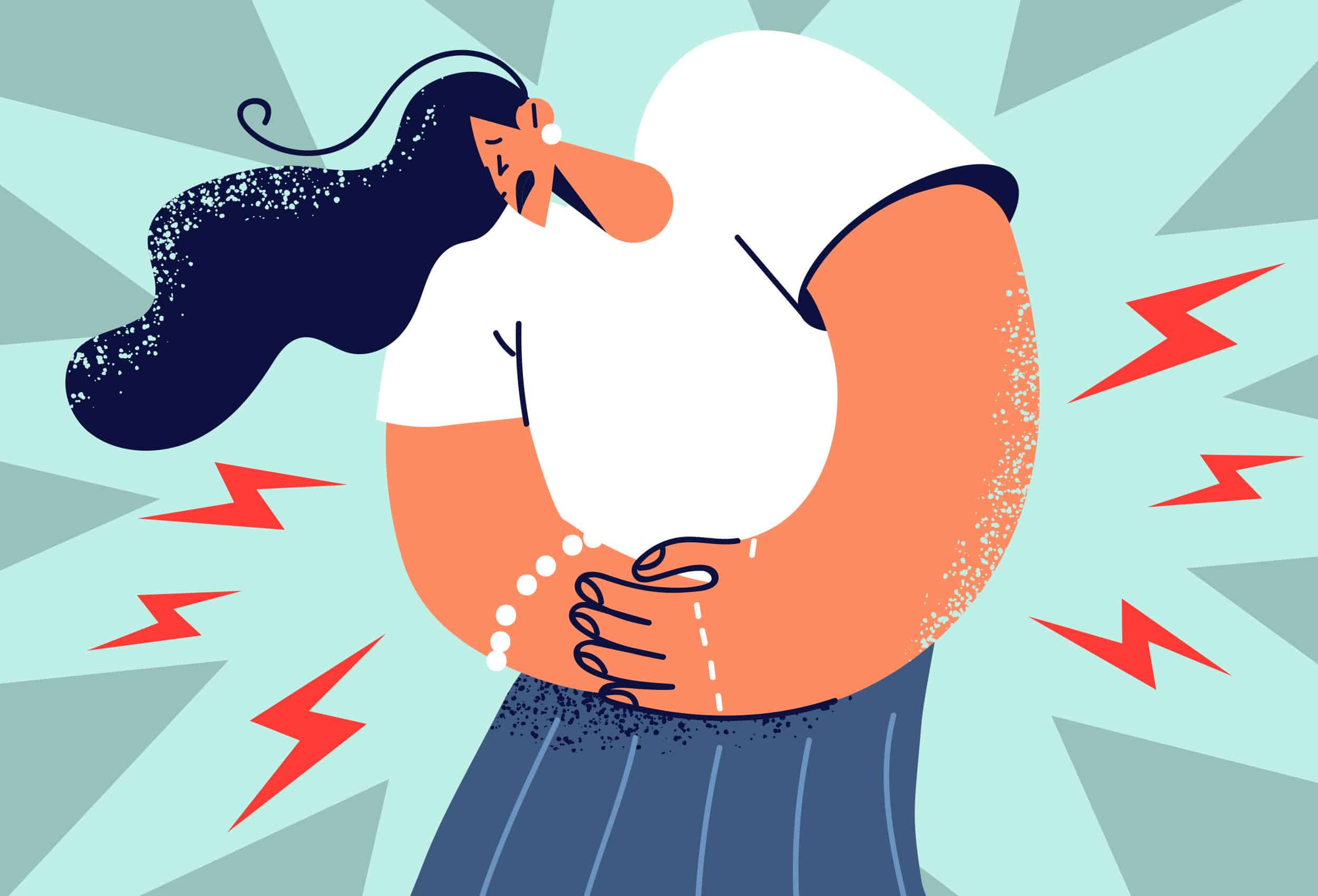Clinical Depression Treatment in Orange County, CA

What Is Self-Harm (Nonsuicidal Self-Injury)?
Nonsuicidal Self-Injury (NSSI), often referred to as self-harm, involves intentionally hurting oneself, typically by cutting, burning, or hitting, without intending to die. It’s a coping mechanism used to manage overwhelming emotions, numbness, or psychological pain. Though not a suicide attempt, it can be a serious sign of emotional distress.
Many people who self-injure feel intense shame, hide their behavior, or don’t know how else to manage what they’re going through. They might feel stuck in cycles of guilt, isolation, or emotional overwhelm. The good news is, recovery is possible. With the right tools and support, it’s entirely possible to find safer ways to cope and heal from the inside out.
“Before I started therapy, self-harm felt like the only way to release what I was feeling. I didn’t know how else to cope. With support, I’ve learned healthier ways to manage those emotions. I’m proud of how far I’ve come.”
– Rachel

Common Signs of Self-Harm
People who self-harm may experience a wide range of emotional and behavioral symptoms. Not all signs are visible, but typical self-harm indicators include:
Emotional and Psychological Signs
- Intense emotional distress or mood swings
- Feeling emotionally numb or disconnected
- Difficulty expressing or processing feelings
- Persistent guilt or self-criticism
- Low self-worth or inner turmoil
Behavioral Signs
- Repeated self-inflicted injuries (cuts, burns, etc.)
- Wearing long sleeves or covering up even in warm weather
- Avoiding social situations or withdrawing from others
- Ritualistic behaviors before or after self-injury
- Difficulty managing conflict, stress, or emotional pain
It’s important to know that you’re not alone, and help is available. A clinical diagnosis and treatment plan can help address the root causes and support long-term healing.
Types of Non-suicidal Self-injury (NSSI) We Treat
At Friendly Recovery, we support clients experiencing a range of self-harming behaviors, including:
Repetitive Cutting or Burning: Often used to manage intense emotions or emotional numbness
Impulsive Self-Injury: Linked to high stress or trauma triggers
Self-Harm with Co-Occurring Disorders: Depression, anxiety, PTSD, eating disorders, or substance use
Social Withdrawal or Isolation Behaviors: Avoidance patterns that worsen self-harming urges

“We don’t just treat the symptoms. We look at the emotional patterns behind self-injury and help you build better ways to cope.”
— Dr. Warren Taff, MD, Psychiatry
How We Help
We provide trauma-informed, evidence-based therapies that help individuals safely explore the emotions and triggers behind their self-injury. Our team emphasizes nurturing change, never shame or judgment. Instead of focusing on “why” you self-harm, we help you learn how to replace it with healthy, sustainable coping strategies.
You’ll work on understanding emotional patterns, managing urges, and building confidence in your ability to handle distress. Sessions are rooted in safety, self-awareness, and skill development. Progress may take time, but you don’t have to do it alone.
Our Therapies Include:
Cognitive Behavioral Therapy (CBT): Replaces harmful behaviors with positive alternatives
Dialectical Behavior Therapy (DBT): Teaches emotion regulation and distress tolerance
Acceptance and Commitment Therapy (ACT): Helps you respond to emotions with mindfulness and values-based actions
Group Therapy: Builds community and reduces the isolation often linked to self-injury
Trauma-Informed Therapy: Addresses underlying trauma that may drive self-harm
Medication Management: Coordinated care when symptoms overlap with anxiety, depression, or mood disorders
Outpatient Programs
Our outpatient services are designed for individuals who are ready to confront self-harming behaviors in a safe, supportive, and nonjudgmental environment. These programs offer structure and accountability while still allowing the flexibility to maintain your responsibilities at home, work, or school. Whether you’re transitioning from a residential or inpatient setting or beginning your mental health journey for the first time, our team will meet you where you are. We offer multiple levels of care, including General Outpatient, Intensive Outpatient Program (IOP), and Partial Hospitalization Program (PHP), so you can access the right amount of support based on your current needs. Each level is designed to help you reduce self-injury urges, build coping skills, and develop emotional resilience at your own pace.
Available Levels of Care:
General Outpatient Services: For ongoing support and symptom management.
Intensive Outpatient Program (IOP): Several days of therapy per week to balance treatment with work, school, or family life.
Partial Hospitalization Program (PHP): Full-day support to stabilize depression, with the ability to return home each evening.
Each level features a personalized care plan that combines individual and group therapy, skill-building, and emotional support. We work on reducing the urge to self-harm while improving your ability to handle stress, conflict, and emotional discomfort.
Is This Care Right for You?
Getting help for self-harm can feel scary, but it’s also one of the bravest and most important steps you can take toward healing. Many people who self-injure feel ashamed, isolated, or unsure if they “deserve” help. You do. Reaching out doesn’t mean you’re weak, it means you’re ready to learn new ways to cope and take back control of your life. Perhaps you’ve tried to stop, but find yourself returning to the behavior when things become overwhelming. You might also struggle with depression, anxiety, trauma, or low self-esteem issues that often show up alongside self-harm.
This treatment is for anyone who wants to understand their emotional patterns better, build healthier coping skills, and move toward a life with less shame, fewer urges, and more confidence. Whether you’re experiencing urges for the first time or have been battling them for years, our progr
You may benefit from treatment if you:
- Use self-injury to manage emotions or feel relief
- Hide wounds or feel ashamed about your behavior
- Feel stuck in emotional cycles of guilt, sadness, or anger
- Have trouble coping with stress or emotional overwhelm
- Want to stop but don’t know how
- Feel isolated or misunderstood by others
Therapy offers a space to talk openly, build safer habits, and find new ways to handle pain. We’ll meet you where you are, without judgment, and guide you toward a more stable, fulfilling life.
Why People Choose Friendly Recovery?
At Friendly Recovery, your treatment is as individual as you are. We don’t believe in one-size-fits-all solutions. Every plan is tailored to your unique story, needs, and goals.
Research indicates that personalized care leads to improved engagement and better outcomes. That’s why we listen carefully before building your treatment roadmap. Our team combines clinical expertise with deep compassion to support your recovery every step of the way. Learn more about your team here.

Specialized Care for Self-Harm
Self-injury doesn’t define you, and it doesn’t have to control your future. At Friendly Recovery, we offer expert, judgment-free support to help you regain stability, emotional strength, and self-respect.

Medically Reviewed By: Shahana Ham, LCSW
Shahana Ham, LCSW, is a Licensed Clinical Social Worker with a Master’s in Social Work from the University of Southern California. She specializes in client-centered care for individuals facing mental health and substance use challenges, fostering a supportive environment for healing and growth.





